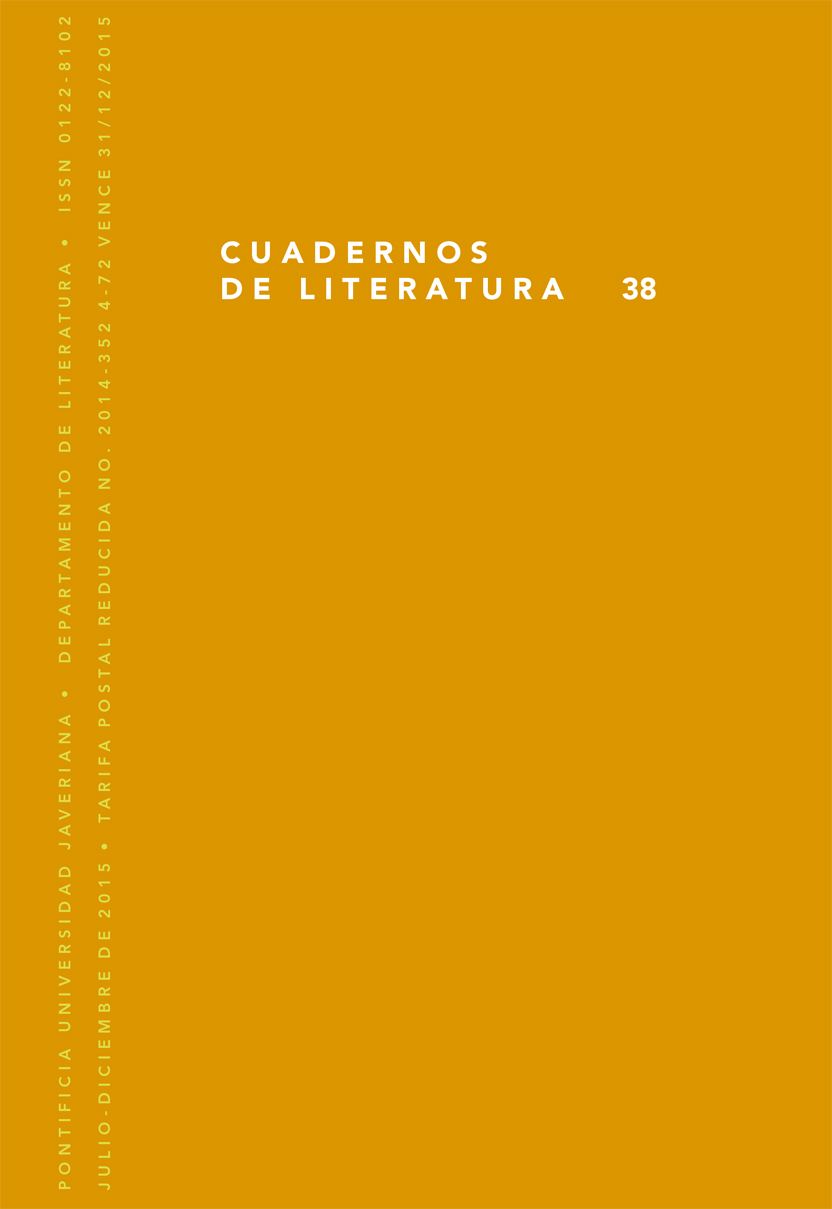Abstract
En los años 20 y 30 del siglo pasado tanto el primitivismo como la valoración del negro adquirieron significaciones diferentes en Europa y en América Latina. Mientras la negritud de Césaire apuntaba a que los antillanos aceptaran su herencia africana, no existió un movimiento literario equivalente en Brasil. Sin embargo, el Modernismo rompió con la idealización de que habían sido objeto el mulato y el negro, re-significándolos como representantes visibles y cotidianos de las culturas primitivas que las vanguardias europeas intentaban incorporar al arte. Raul Bopp se vuelca hacia la temática negra en Urucungo después de haber explorado el universo amazónico en Cobra Norato en el intento de redescubrimiento de las raíces que caracterizó al movimiento antropofágico. En este trabajo exploramos si su propuesta se inscribe dentro del concepto de negritud césairiana, como expresión de la voluntad de pertenecer a África; si adscribe a una apología de la raza negra como respuesta política al blanqueamiento impuesto por los grupos hegemónicos después de la abolición; o si permanece en los moldes del “negrismo estetizante de los años 20”.
Cuadernos de Literatura is registered under a Creative Commons Attribution 4.0 International Public License. Thus, this work may be reproduced, distributed, and publicly shared in digital format, as long as the names of the authors and Pontificia Universidad Javeriana are acknowledged. Others are allowed to quote, adapt, transform, auto-archive, republish, and create based on this material, for any purpose (even commercial ones), provided the authorship is duly acknowledged, a link to the original work is provided, and it is specified if changes have been made. Pontificia Universidad Javeriana does not hold the rights of published works and the authors are solely responsible for the contents of their works; they keep the moral, intellectual, privacy, and publicity rights.
Approving the intervention of the work (review, copy-editing, translation, layout) and the following outreach, are granted through an use license and not through an assignment of rights. This means the journal and Pontificia Universidad Javeriana cannot be held responsible for any ethical malpractice by the authors. As a consequence of the protection granted by the use license, the journal is not required to publish recantations or modify information already published, unless the errata stems from the editorial management process. Publishing contents in this journal does not generate royalties for contributors.


